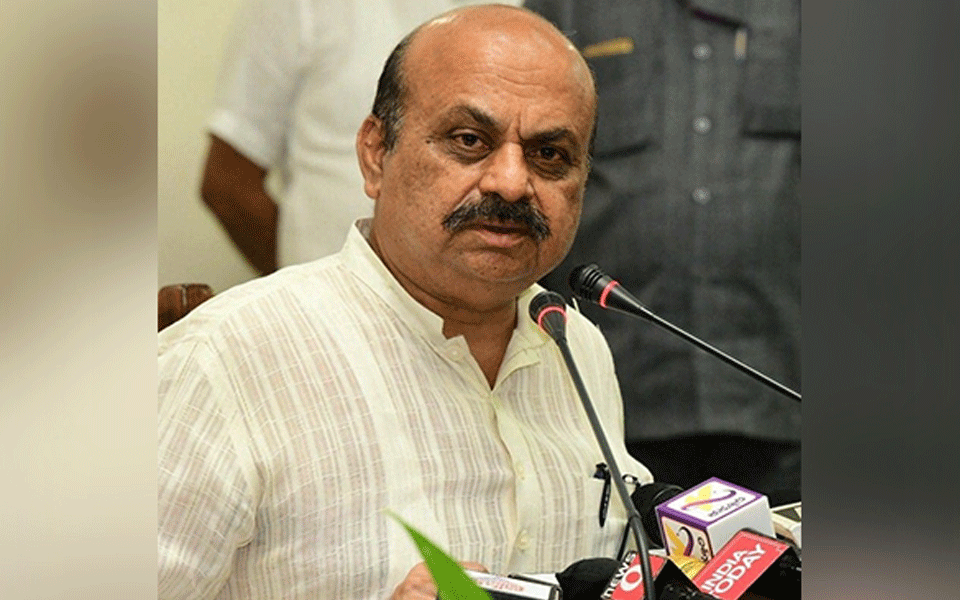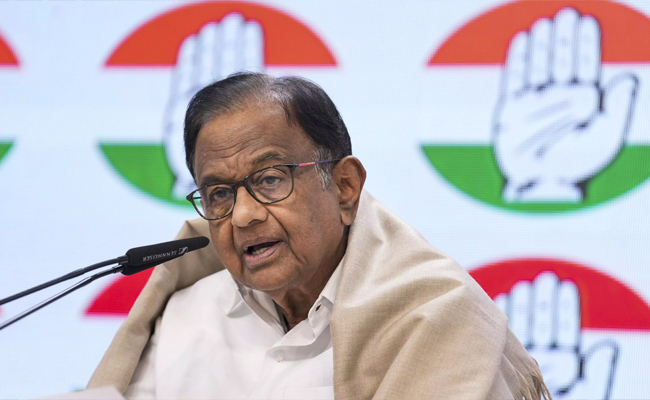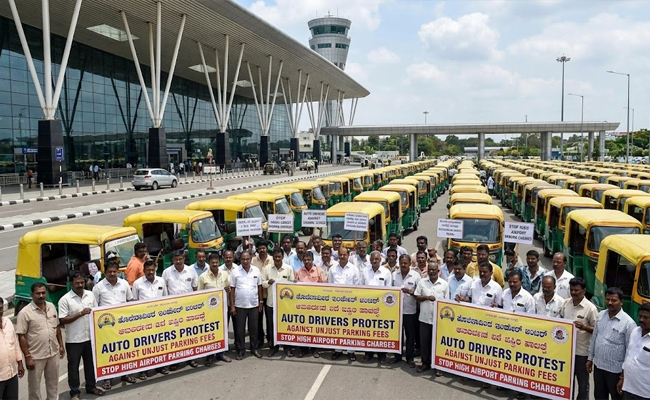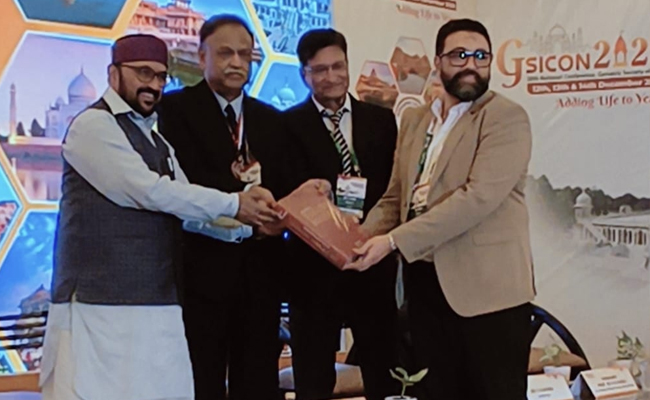Bengaluru(PTI): Karnataka Chief Minister Basavaraj Bommai on Tuesday said everyone should abide by the verdict of the High Court on the Hijab row, and cooperate with the state government in implementing it.
Calling for maintenance of peace and order in the society, he also asked students to focus on their education, by accepting the court verdict.
"I have just now got to know through the media about the High Court's order regarding the case related to uniform (in class rooms). The court has upheld the uniform and has said that Hijab is not an essential religious practice," Bommai said.
Speaking to reporters here, he said this was a matter concerning the future and the education of students, and nothing is more important than education.
"Every one should abide by the verdict of the three judges bench of the High Court. While we (govt) implement it (the order) everyone should cooperate and maintain peace. Maintaining peace and order in the society is of utmost importance. I appeal to the people, leaders of all communities, parents, teachers and students to accept the order and cooperate in imparting education to students, in accordance with the court order," he added.
The Karnataka High Court today dismissed petitions filed by a section of Muslim students, seeking permission to wear Hijab inside the classroom.
The prescription of school uniform is only a reasonable restriction, constitutionally permissible which the students cannot object to, a three-judge bench of the court consisting of Chief Justice Ritu Raj Awasthi, Justice Krishna S Dixit and Justice J M Khazi further noted
The Chief Minister also called on the students not to boycott classes and exams as some of them did during the preparatory exams, keeping their future in mind.
Noting that police forces have been deployed keeping in mind the maintenance of peace and order, in response to a question he said, everyone should abide by the court ruling, and if any one tries to take law into their hands, the Home Department will take strict action.
Let the Truth be known. If you read VB and like VB, please be a VB Supporter and Help us deliver the Truth to one and all.
New Delhi (PTI): Congress leader P Chidambaram has slammed the "increasing practice" of the government using Hindi words in the titles of the bills and said the change is an "affront" to the non-Hindi-speaking people.
Chidambaram said the non-Hindi-speaking people cannot identify a Bill/Act with titles that are in Hindi words written in English letters, and they cannot pronounce them.
ALSO READ: EC publishes list of voters deleted from draft electoral rolls in Bengal under SIR 2026
"I am opposed to the increasing practice of the government using Hindi words written in English letters in the title of the Bills to be introduced in Parliament," the former Union minister said late Monday night.
Hitherto, the practice was to write the title of the Bill in English words in the English version and in Hindi words in the Hindi version of the Bill, Chidambaram said.
"When no one pointed out any difficulty in the 75 year practice, why should government make a change?" he said.
"This change is an affront to non-Hindi speaking people and to States that have an official language other than Hindi," the Congress leader said.
Successive governments have reiterated the promise that English will remain an Associate Official Language, Chidambaram said.
"I fear that promise is in danger of being broken," the Congress MP said.





